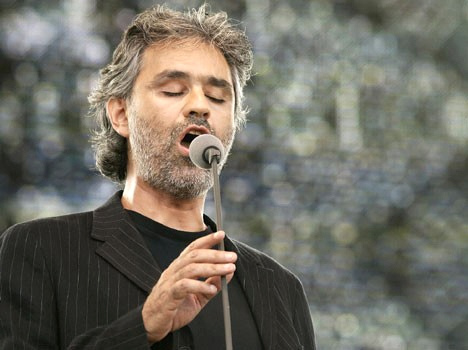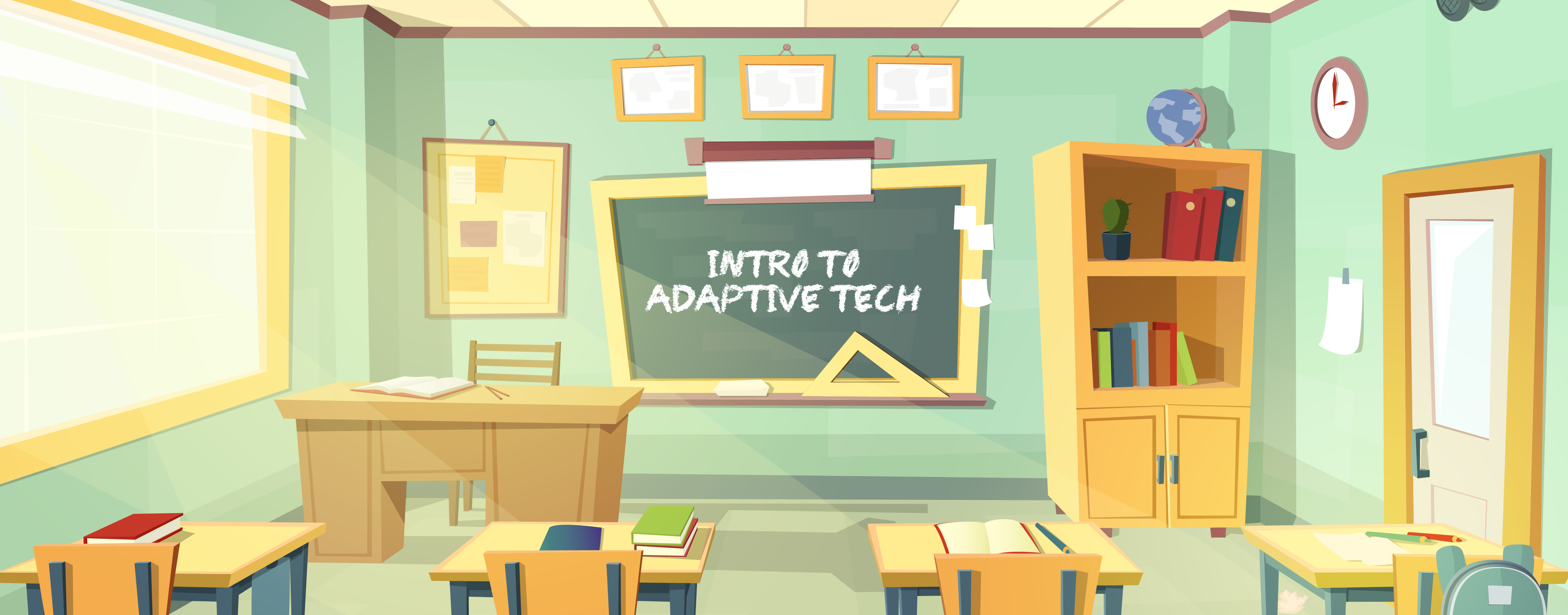Instructions
Start by talking about visual impairments and disabilities. Does anyone in the class wear glasses? People with visual impairments need much stronger glasses and other devices to help them see.
Introduce students to the Braille alphabet. Ask them if they have seen or felt Braille anywhere, and ask them for examples (elevators, menus at restaurants, telephones, etc). Introduce a Braille activity: hand out glue sticks, mini marshmallows and construction paper. Ask children to write their name in Braille by gluing marshmallows to the paper.
Tell students that not all people who are visually impaired use Braille. Discuss other technologies that can help people read in a non-visual way. If possible, ask students to use classroom computers to research alternatives to Braille, such as screen-reading computer software, books on CD, books that can be downloaded to a computer or digital music player.
Play a clip of an audio-described movie on a television with the screen turned off. This technology describes what is happening on the screen for viewers who are visually impaired. Ask the students what it is like to experience a movie in this way. How is this technology beneficial?
Next, listen to part of an audio book. Do students enjoy listening to books in this way? What are some advantages of audio books? Can people without disabilities use them as well?
Finally, if available, show students how screen-reading computer software works. This type of technology can be used to allow people with visual impairments to work and otherwise use computers. Talk about the barriers to getting this type of software. Is it expensive? Difficult to install?


